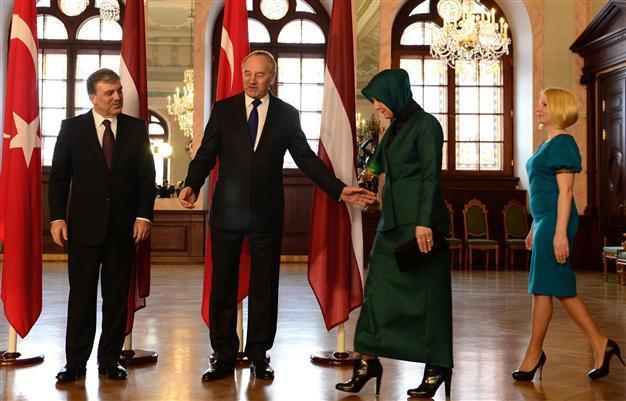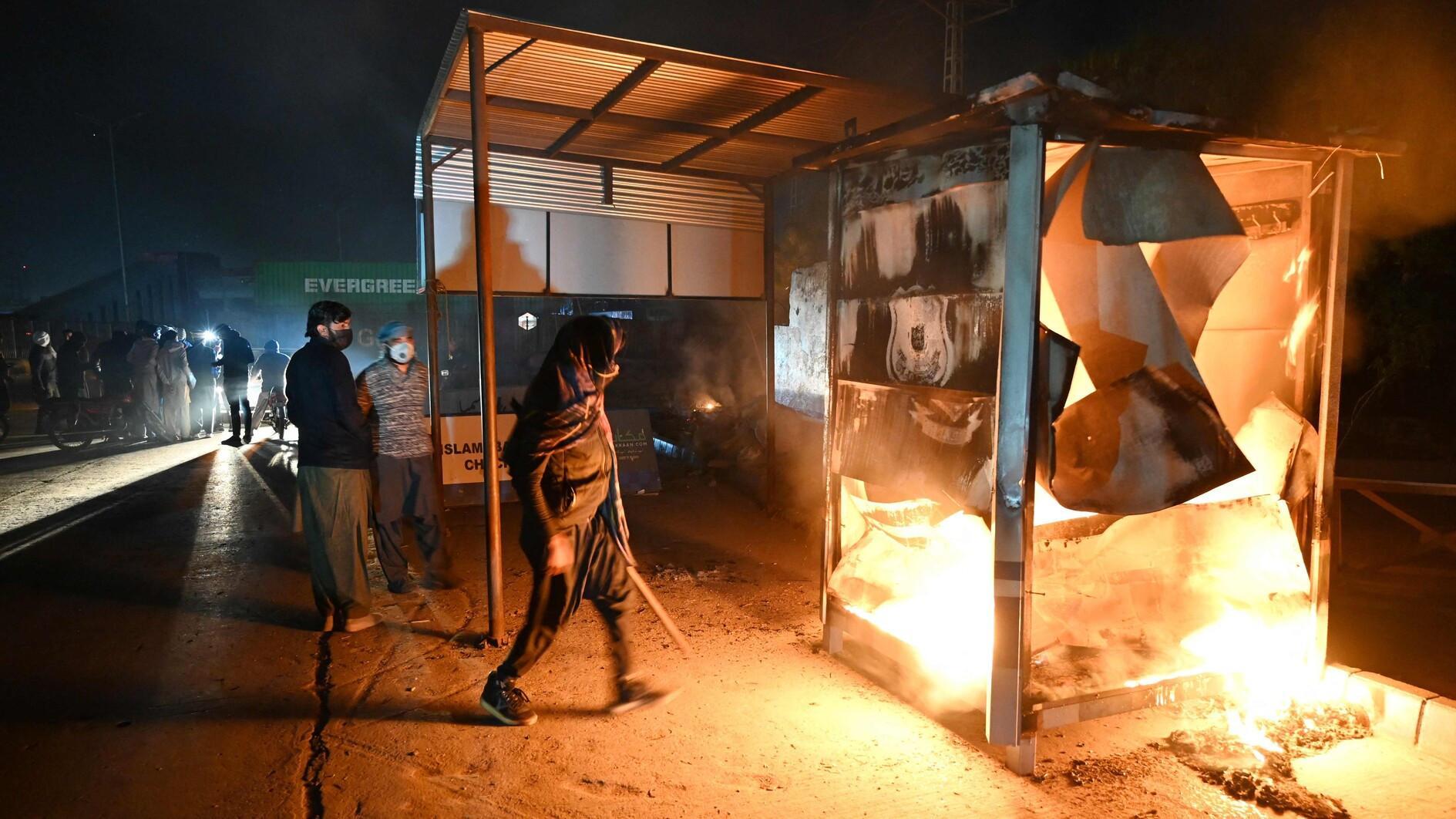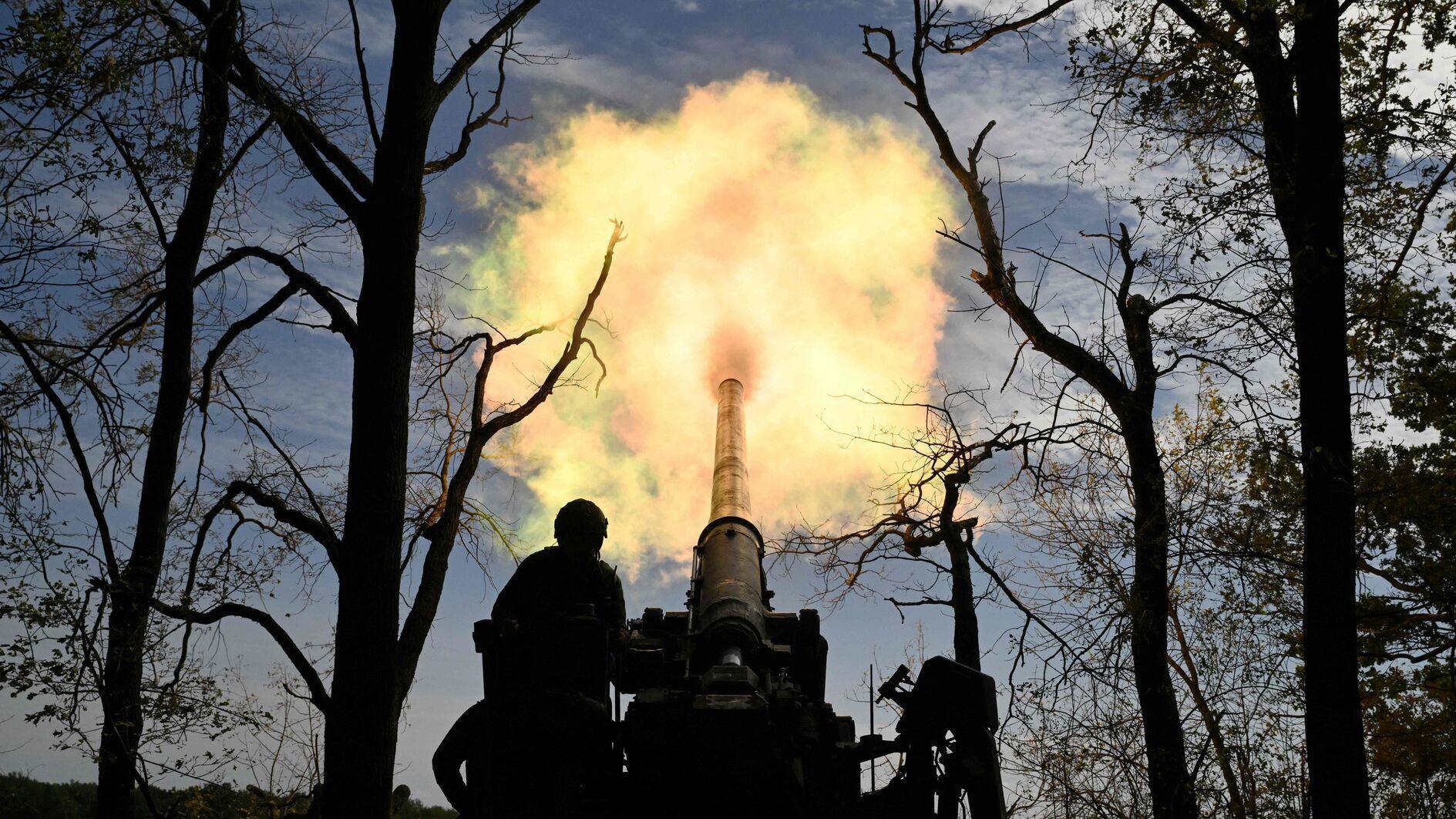Turkish President Gül warns of failure in new charter effort
Sedat Ergin RIGA/Hürriyet

Latvian President Andris Berzins (2L) welcomes Abdullah Gül (L) and his wife, Hayrünnisa Gül (2R), to Riga as the Latvian head of state’s wife looks on. AA photo
Turkish political parties have failed to improve their performance in ongoing efforts to write the country’s new charter, a pessimistic President Abdullah Gül has said.“I think Parliament is capable of writing a new Constitution in this period,” Gül told a group of journalists that were accompanying him on a visit to the Latvian capital of Riga on the evening of April 1.
“However, there has been one thing missing. The political climate could have been prepared for this by the political actors during the preparation of such a large document. As there has been a failure at this point, I see that there is a deadlock,” he said.
The Constitutional Conciliation Commission, which is in charge of the writing process, was important, the president said. “They say that they do not want interventions from outside. ‘Every party should place their ideas via their representatives here or else we will look like puppets,’ they say,” Gül said, adding that the commission had a point in this.
Still, the time granted to the commission could be extended, Gül said.
“I think there isn’t a large gap in very basic issues,” he said, adding that the divisions were mainly about some details.
“If everyone is signaling such a will, then the timing could be extended,” he said. “If this is the case, then the timing is not important. It might be one week later or earlier, or two months later, but this opportunity should not be missed.”
Gül’s statements came just after the official deadlines for the writing process ended and amid Parliamentary Speaker Cemil Çiçek’s efforts to push the parties to accelerate the process.
Presidential system
Responding to a question on whether the presidential system issue was the main conflict holding back the drafting process, Gül said this was very crucial.
“However, there is no split in opinion about Turkey’s democratic, secular law-state structure. When it comes to the debate on the system, our tradition has been the parliamentary democracy so far. There is a debate on the presidential system, but as far as I see, the AK Party [the Justice and Development Party], which offered this does not say this is a must,” he said.
The principles and the nature of both systems exist in advanced democracies, Gül said.
What is most important are the checks and balances in the system and the supremacy of the rule of law, as well as democratic standards. Otherwise, both systems are problematic if there are important gaps in these areas, he said.
Commenting on fresh efforts to find a peaceful solution to the Kurdish issue, Gül said the main target on the issue should be completely eradicating the problem. The process should not end with “people going outside Turkey and becoming a power there,” Gül said about the debate on the withdrawal of outlawed Kurdistan Workers’ Party (PKK) militants.
“It might be Syria, Iraq or Iran. The conjuncture is changing all the time. As long as such a power remains there, some provocations from inside and divisions would come up, and countries in a conflict of interest with Turkey may use this, [causing] an ever-fragile situation to emerge,” Gül said.
“Honestly, If the people in the mountains do not drop their arms and finally go off to a normal life, then these things will restart and things will get even worse,” he said.
Turkey is dealing with such a large issue for the first time, Gül said, noting that there was a positive approach across the country. “Thus, when there is such an atmosphere, these things should be finalized.”
The efforts to raise democratic standards with the new Constitution also offered good opportunities for a solution, Gül said.
Turkey has previously made the mistake of opposing citizens who say “I am not Turkish, I am Kurdish, I am a citizen of this country. I am a person, child and citizen of this soil,” and telling them instead that “No, you are Turkish,” he said.
Turkey should also lift its dissenting opinion on the European Charter of Local Self-Government, Gül said. “We have practically lifted that opinion in deed.”
















